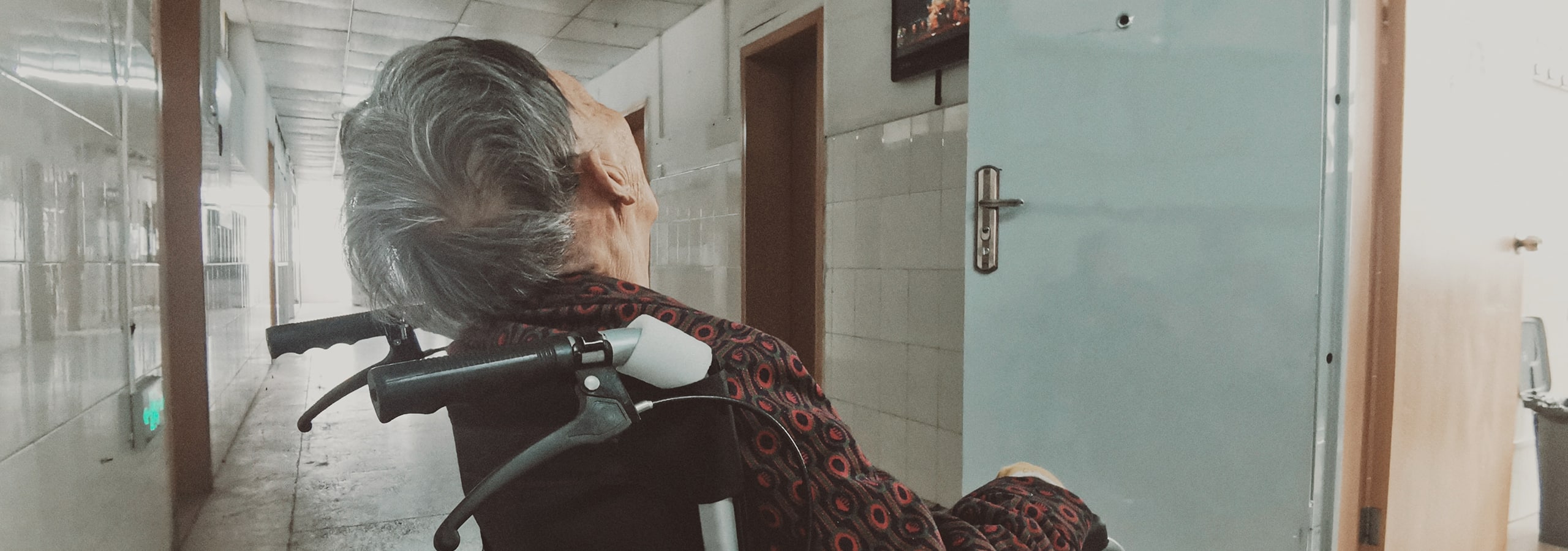Why it is important to be vigilant against nursing home neglect

When our loved ones stay in nursing homes, it is often because they cannot care for themselves—they are one of our most vulnerable groups.

Many of these individuals have physical or mental limitations that prevent them from communicating effectively with their families.

Conditions such as dementia and Alzheimer’s prevent nursing home residents from documenting when neglect occurs, and they prevent residents from being able to communicate the harms they have suffered due to neglect.
What is nursing home neglect?
Neglect is the failure to meet an older adult’s basic needs. These needs include food, water, shelter, clothing, hygiene, and essential medical care.
Neglect is typically unintentional, and often results from nursing home staff simply not doing their job correctly.
Accidents do happen, but neglect is usually an on-going, systemic failure to provide adequate care for residents.
What are the Signs of Nursing Home Neglect
Why These Warning Signs are So Important
What can you do to help prevent neglect at the nursing home?
Remember—this is their job
Be on the lookout —Arbitration Agreement

Often times, when you admit your loved one into a nursing home, you will be asked to sign what is called an Arbitration Agreement.

This is a legally binding agreement that essentially waives the ability to enforce your legal rights in a court of law. Instead, the claim will be presented to a neutral third- party arbitrator in closed- door proceedings who will decide the outcome of your claim.

Just because a claim goes to arbitration does not mean it won’t succeed, but it does keep the evidence of nursing home negligence out of the public view.

You DO NOT have to sign an arbitration agreement if you do not want to, and the nursing home cannot refuse to admit your family member for refusing to sign such an agreement.
What do you do if there has been neglect?
3
Report the neglect to the Iowa Department of Inspections and Appeals.
4
Contact the Parrish Kruidenier Law Firm at 515-283-3652 or via the contact form below.
